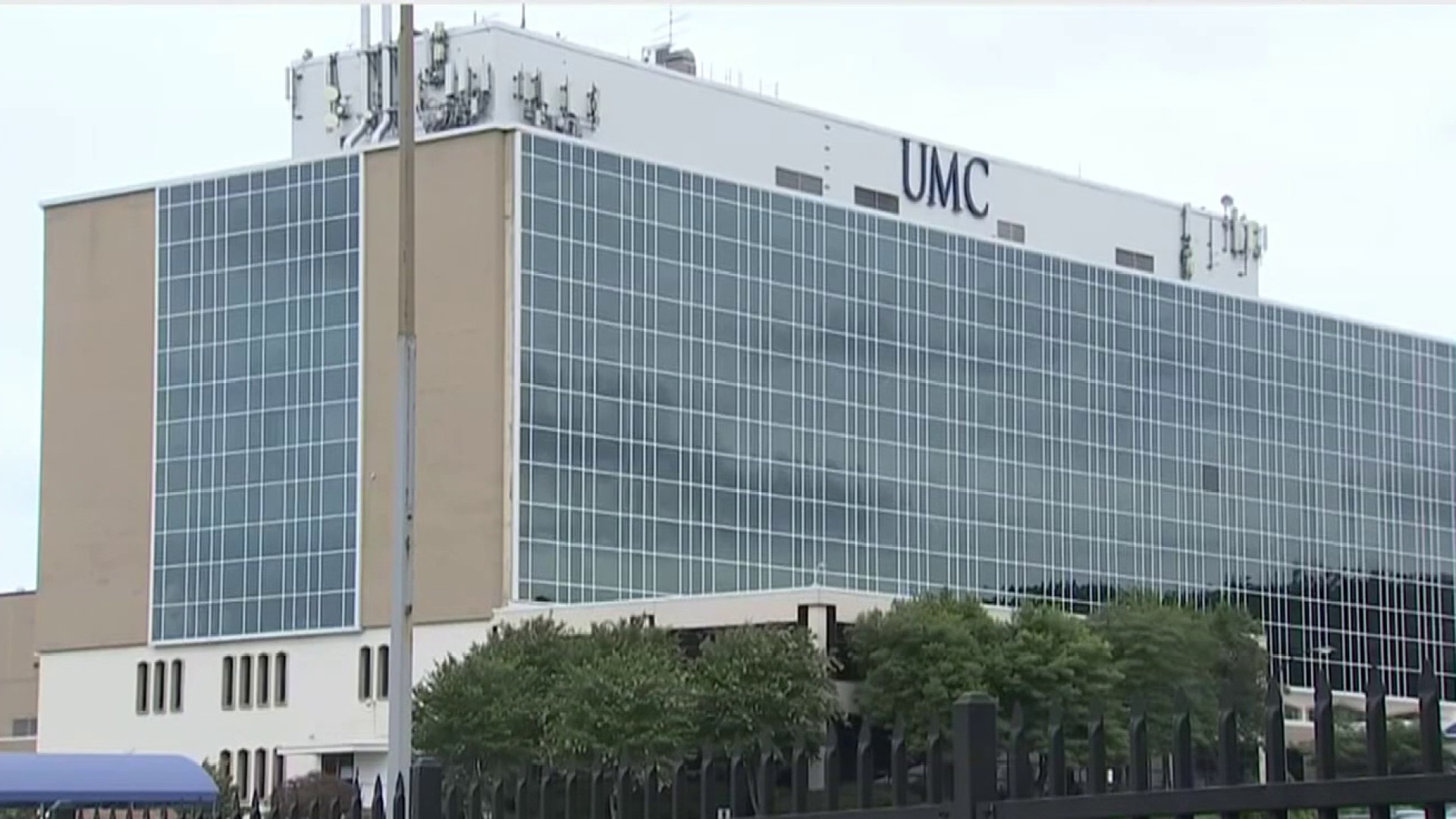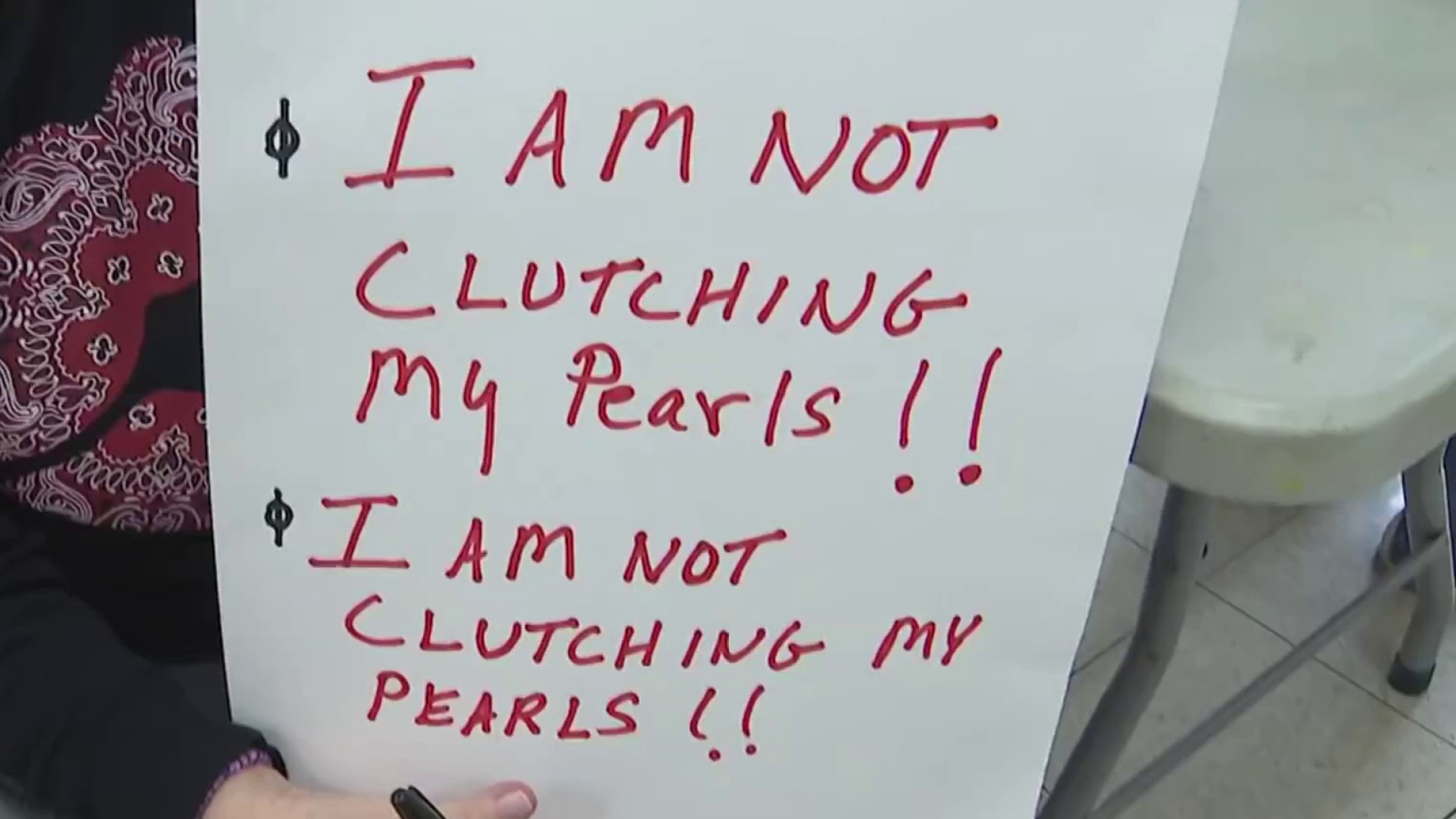Federal security officials are investigating whether attacks on fiber optic systems in the Bay Area pose any threat to Super Bowl 50. News4’s Scott MacFarlane reports.
As Super Bowl 50 approaches, government security officials are examining whether recent attacks on fiber optic systems in California could be connected to a "more complex plot" against the game.
A series of unsolved incidents -- in which fiber optic cables in the Bay Area were deliberately severed -- is one of several risks detailed in an internal memo shared by the FBI and U.S. Department of Homeland Security intelligence analysts in the lead-up to Super Bowl 50 on Feb. 7.
The memo, obtained by the News4 I-Team, says "the FBI and DHS have no information to indicate any specific, credible threats to or associated with Super Bowl 50 or related events." But it also details the attacks against the fiber optic systems, the threat of drones against the game and potential game-day attacks in crowded spaces just outside Levi's Stadium in Santa Clara, the host site of Super Bowl 50.
The memo acknowledges lone wolf attackers "are of particular concern" to the game due to their ability to remain undetected before attacking.
The severed fiber optic cables "raise] the concern individuals may be using these incidents to test and prod network durability in conjunction with a more complex plot," the memo said.
Local
Washington, D.C., Maryland and Virginia local news, events and information
Separate FBI records reviewed by the I-Team show at least 10 fiber optics cables were deliberately severed between July 2014 and June 2015, and Michele Ernst, a spokeswoman for the FBI's San Francisco field office, said there have been 15 attacks against fiber optic lines in the region since 2014.
Most of the incidents occurred in San Jose, Fremont and Walnut Creek, California. Though San Jose is within five miles of Levi's Stadium, the other incidents occurred more than 20 to 40 miles away.
A U.S. Department of Homeland Security spokesman characterized the memo and its findings as an "assessment" of threats and risk. He would not comment on the specific implications of the fiber optic attacks.
However, homeland security analysts caution against overreacting to such assessments.
"There's no question that the Super Bowl would be a highly attractive target. But so would any sporting event," said Anthony Cordesman, a security strategist for the Washington, D.C.-based Center for Strategic and International Studies.
Cordesman said the probability of a specific attack at any one specific public event is very low.
The assessment also said drone users could be a danger to the game and the crowds. Drones -- approximately 700,000 of which were sold in 2015 -- could be used by "malicious actors" or could inadvertently cause a hazard, the assessment said.
"[Drones] may present a low-altitude hazard to aviation assets supporting the event, allow unauthorized video coverage of events, or pose a risk of injury to event-goers if an operator loses control of a [drone]," according to homeland security analysis included in the assessment.
Intelligence analysts also said the recent terror attacks in Paris raise the possibility that attackers would target spaces outside sports stadiums.
"The FBI and DHS assess the most vulnerable targets of opportunity during Super Bowl 50 are not inside Levi's Stadium itself, but outside the stadium and at other venues where crowds will gather for related events," the assessment said.
It continued: "Additionally, unsuccessful suspicious entry attempts into an event venue, such as what occurred in the 13 November 2015 Islamic State of Iraq and the Levant (ISIL) attacks outside a stadium in Paris, may result in a subject's movement to a less secure area for potential attacks or criminal activity."
NFL spokesman Brian McCarthy told the I-Team that security for all Super Bowls and NFL events have been "at a heightened state of alert" since Sept. 11, 2001.
"We have been working for more than a year with our law enforcement partners at the federal, state and local level in preparation for Super Bowl 50," McCarthy said. "We have confidence in our law enforcement and public safety partners and have an effective and comprehensive plan in place to make Super Bowl 50 a safe and exciting event for our fans."
Homeland security officials referred the I-Team to a December 2015 agency bulletin about the threat of terror in the United States.
"We are in a new phase in the global threat environment, which has implications on the homeland," the bulletin said. "Particularly with the rise in use by terrorist groups of the Internet to inspire and recruit, we are concerned about the 'self-radicalized' actor(s) who could strike with little or no notice. Recent attacks and attempted attacks internationally and in the homeland warrant increased security, as well as increased public vigilance and awareness."



